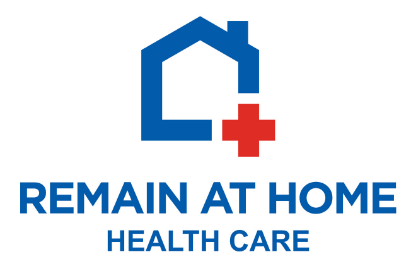Chronic illnesses, especially in senior citizens, can be frustrating and even traumatic events for both patients and their caregivers. As a disease progresses, there is often a seemingly endless scope to the physical hardships, the cost of treatments and the sometimes invasive attempts to cure the illness. Worse still are the considerable emotional costs for all involved.
Although it is difficult to determine an exact number, we know that millions of Americans today face one of many chronic illnesses. The most common are: Alzheimer’s/ dementia, diabetes, heart disease, kidney disease, stroke, chronic obstructive pulmonary disease (COPD), Parkinson’s, Huntington’s and all types of cancers or sarcomas. One-third of people with a chronic illness can also add depression to the list.
On a positive note, more than any other segment of our population, seniors tend to face sickness in a courageous fashion. Even when mobility, sexuality, balance and cognitive function are diminishing, according to Seniors-Site.com, “many (seniors) handle the burden of chronic illness with amazing fortitude and are able to find meaning and value even when extremely disabled.”

Brian Carrigan
Founder & Co-Manager
Whether because of simple chronology or just life experiences in general, seniors tend to be highly functional. In the face of adversity, it is common for seniors to have a positive sense of self-esteem and a realistic understanding of their medical situation –all while maintaining a sense of control and dignity towards what ails them.
One primary frustration for seniors borne from chronic illness is the potential loss of independence, which can sometimes result in giving up hope and a strong resistance towards seeking and maintaining treatment.
It is comforting to know, however, that most seniors have a tendency to maintain a remarkable spirit of hope. How? Two common characteristics of patients who learn to thrive through illness are: a strong support system and an open line of communication with their physicians and/or healthcare professionals.
We should all take note: A strengthened support system is invaluable for a person of any age. A network of family and close friends is paramount to living a life of meaning, and to surviving the hardships we may all encounter one day due to chronic illness and its physical and mental challenges.




